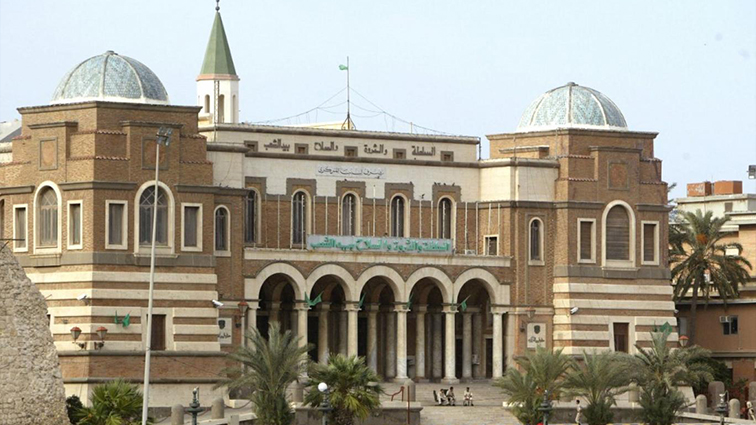The Central Bank of Libya announced a significant shortage of foreign exchange amounting to $5.6 billion, after comparing the amounts it received and the amounts it spent from January to May of this year.
The bank stated that the funds that entered the bank in foreign currencies were $8.7 billion, while the funds that were left were $14.3 billion.
The bank directed commercial banks to deal with this shortage and to regulate how to obtain foreign currencies. One of these measures is issuing “electronic cards” that can be loaded with up to $500,000 per year. They are intended for purchasing goods and services for business purposes and cannot be used in the local market.
The bank also opened the door for companies to import a wide range of goods from abroad, such as food, medicine, building materials, and furniture, by financing 370 import deals in just one week.
This measure aims to support the local market with necessary goods and help merchants maintain stable prices, which ultimately helps provide citizens’ needs at reasonable prices.
The Central Bank announced that the first quarter of 2024 recorded a deficit in foreign exchange uses amounting to $5.7 billion, and total foreign exchange revenues during this period amounted to $4.8 billion, while the total uses and outstanding obligations in foreign exchange until the end of March amounted to $10.5 billion.
Foreign exchange uses were distributed at $3.3 billion for commercial banks, while the state’s total uses and obligations amounted to $7.2 billion, at a time when the International Monetary Fund expects the Libyan economy to continue achieving strong growth rates during the current year, albeit lower compared to what it was in 2023. The GDP is expected to grow by approximately 8% in 2024.
Libyan police kill a runaway lion in Derna after it attacked a house
